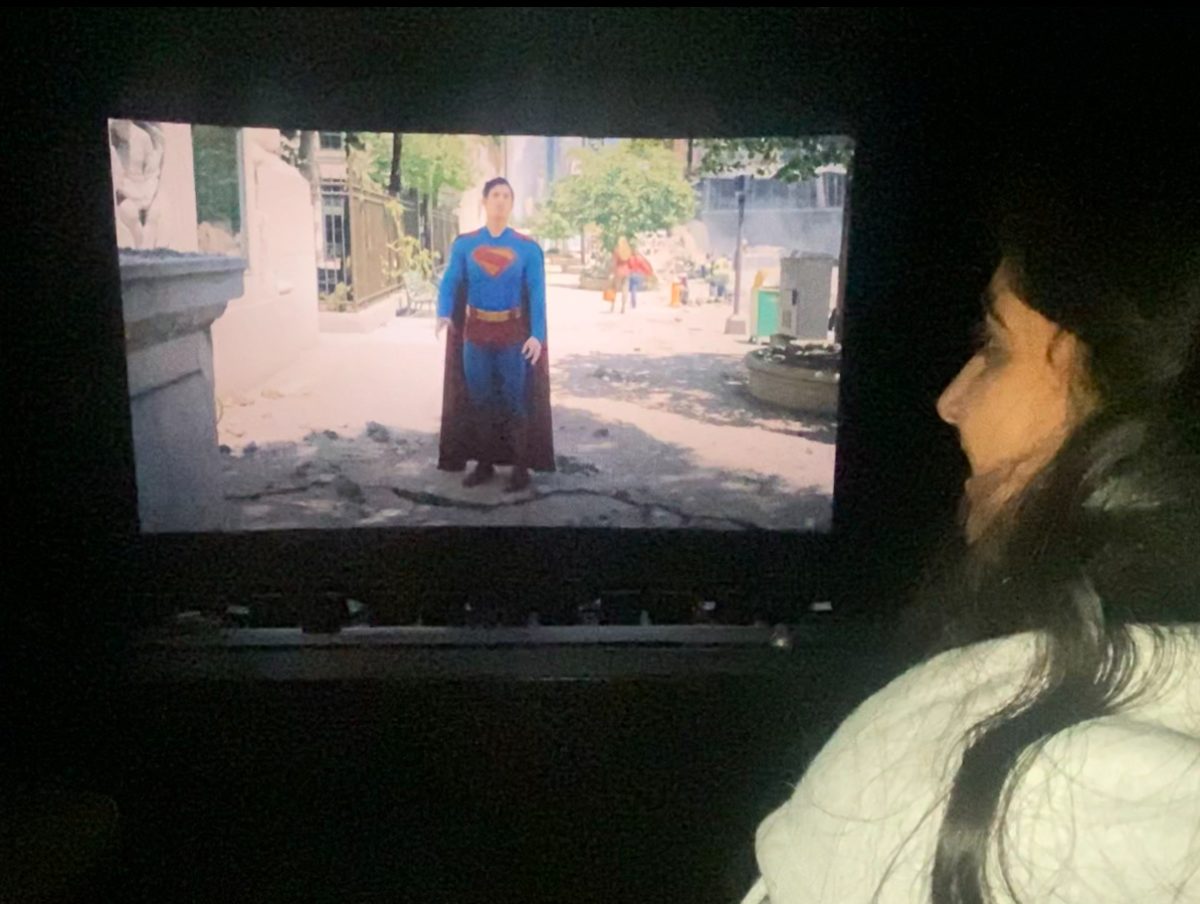Little Women, Louisa May Alcott’s epitomic American children’s classic, has come to theaters yet again. Alcott’s close telling of the four March sisters’ struggle to find joy while their father serves in the Civil War, and then as they continue to grow, is thought to be based largely on her own life, resulting in realistic, relatable and lovable characters.
From the March mother’s advice to her children to pretend that their burdens are all part of child’s play and simply a game to be won, to the four sisters navigating tumultuous work and love relationships resulting in more-or-less happy endings, to dealing with lingering tragedy, the story is one of perseverance and hope. With their father’s war service underpinning the girls’ troubles, there’s a wave of patriotism as they hold their heads high anyways. Jo’s nontraditional femininity has continued to be a model for American girls as they find their own independence both personally, and over time in the broader sociopolitical context of the nation.
Now, as many times before, the March sisters are back on screen: the movie adaptation directed by Greta Gerwig premiered on Dec. 25, the same date on which the book opens.
Greta Gerwig was hired to write the script in June 2016, and after awards season triumphs in 2018 with Lady Bird, was brought on as director. The film boasts a shining cast list, with the four March sisters being Saoirse Ronan as Jo, Emma Watson as Meg, Florence Pugh as Amy and Eliza Scanlen as Beth, among other stars.
Gerwig’s version focuses more on the sisters’ lives as adults, but does take the timeline back to earlier times in flashback scenes so frequently that it can be hard to keep track of which time period we are viewing. Gerwig also gets to engage in a happy parallel to Alcott’s depiction of herself as Jo in the book. Ronan previously played the main character in Lady Bird, Gerwig’s autobiographical story, and is now playing Jo to Gerwig’s Alcott as screenwriter. With this seasoned actor-writer team as well, Little Women meets the high standards set by the American classic.
Besides the beautiful costuming, sets, and music, the star-studded cast elevates the piece. Timothee Chalamet is a dashing Laurie, and we see him go through familiar teenage struggles such as failing to recognize his tutor’s insistence that “Latin is a privilege” and realizing that he has his heart set on the wrong March sister. Meryl Streep adds biting humor as Aunt March, who has strong opinions of how a woman should maintain her independence.
And as strong as Ronan’s Jo is with her unwavering dedication to her family and selflessness, Pugh’s Amy is more the leading lady (as Laurie discovers). The eagerness in her schoolgirl enthusiasm develops naturally into the boldness in her adult assertion in Paris that “marriage is an economic proposition,” at least for women, if not men. Amy’s lost and found love is shown in Pugh’s frustrated faces and frenetic gestures, ultimately settling as she returns to America with her problems behind her. As we get our bittersweet (but mostly sweet) ending back in the Marches’ hometown, we’re reminded that sometimes all we need is to come back home.







![Junior Grace Song rewatches the trailer for Anora. Promoted as "A Love Story from Sean Baker," it is the eighth feature film under Baker's belt starring Mikey Madison in the titular role. "[Anora] accurately represents women overseen and easily taken advantage of. It emotionally enticed me. The ending is so good," Song said.](https://woottoncommonsense.com/wp-content/uploads/2024/11/Rc5RQTdjtUFtyT7IyQe1rSxkpOTc6NoksY8jtoop-e1732201365565-1200x900.jpg)




![Editors-in-Chief Ahmed Ibrahim, Helen Manolis, Cameron Cowen, Alex Grainger, Emory Scofield, Hayley Gottesman, Rebekah Buchman and Marley Hoffman create the first print magazine of the year during the October press days. “Only a quarter of the schools in MCPS have programs that are like ours, a thriving, robust program. That makes me really sad. This is not just good for [the student journalists] to be doing this, it’s good for the entire community. What [student journalists] provide to the community is a faith in journalism and that continues for their lifetimes," Starr said.](https://woottoncommonsense.com/wp-content/uploads/2025/10/wmpoFTZkCPiVA3YXA4tnGoSsZ4KmnKYBIfr18p3l-900x1200.jpg)
